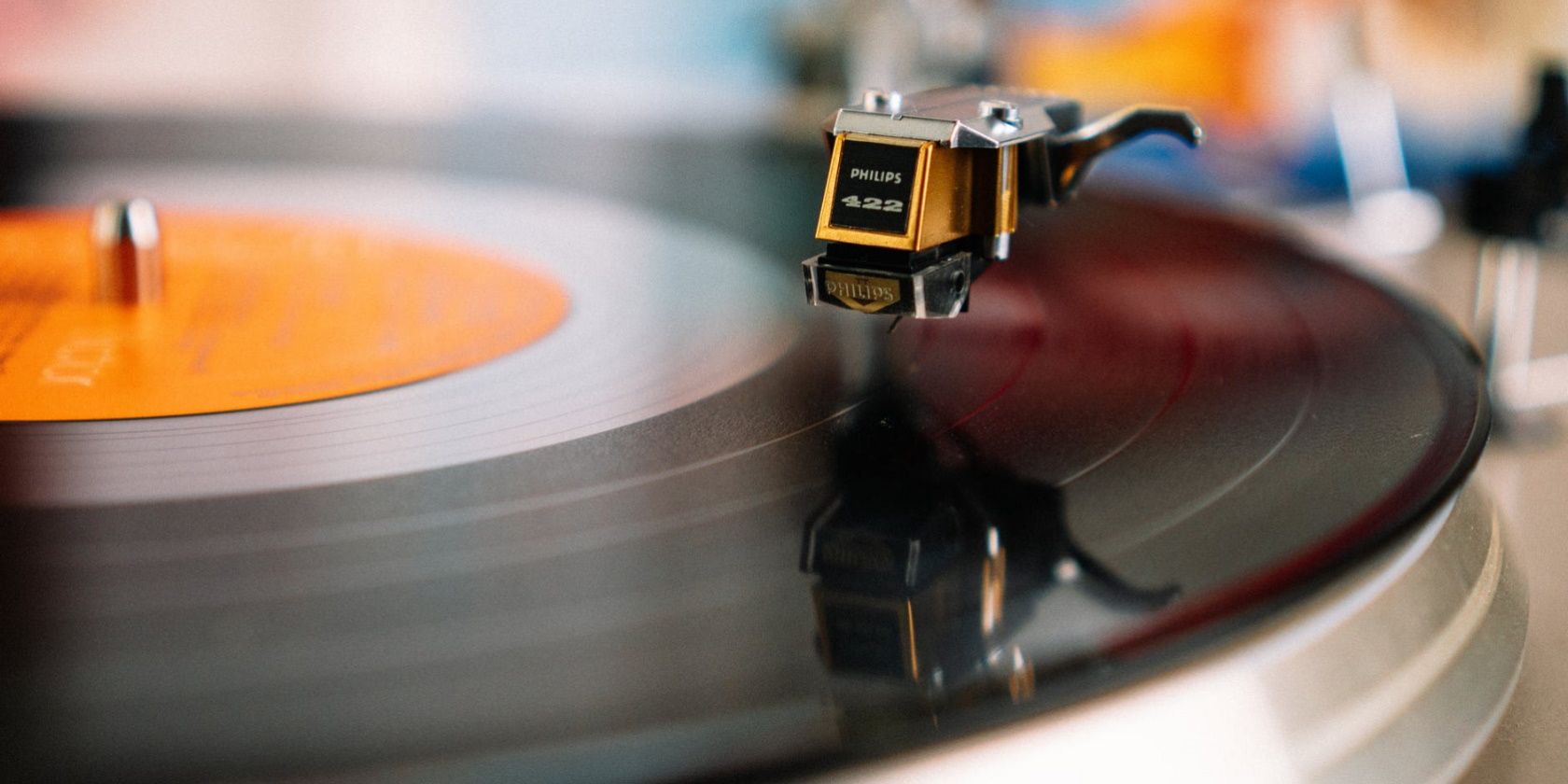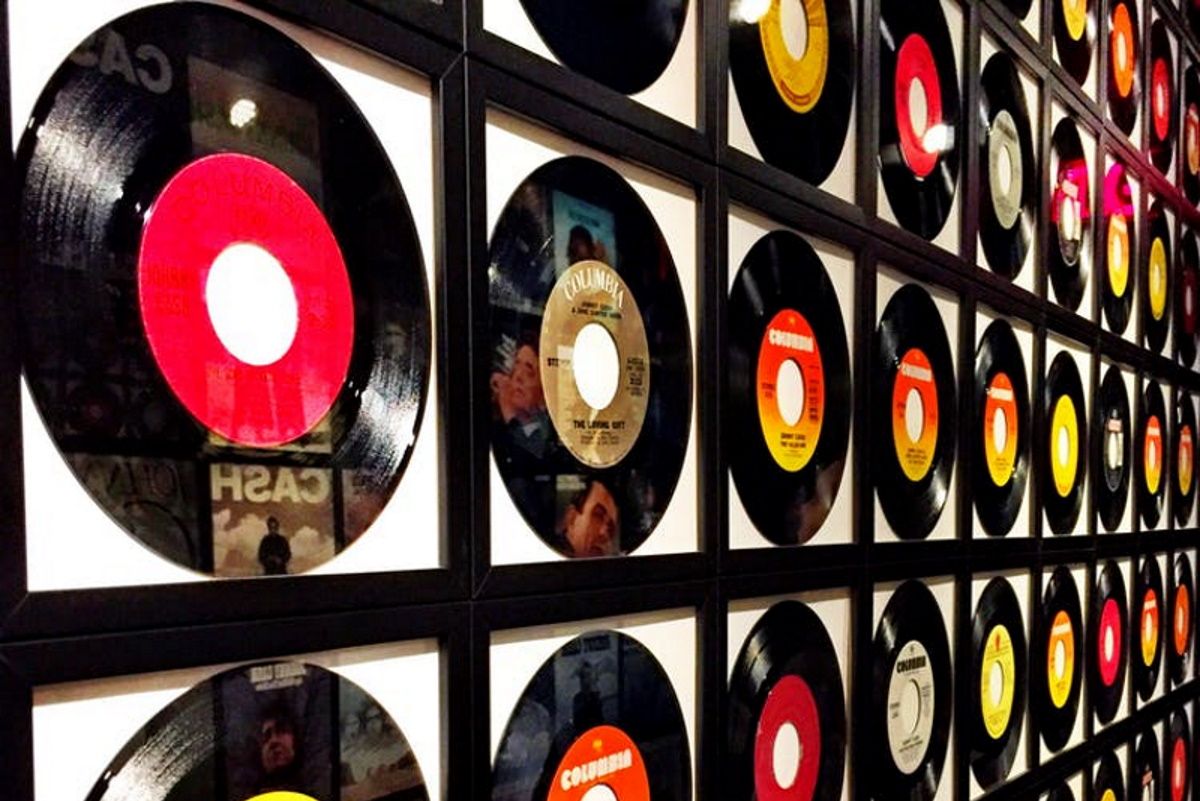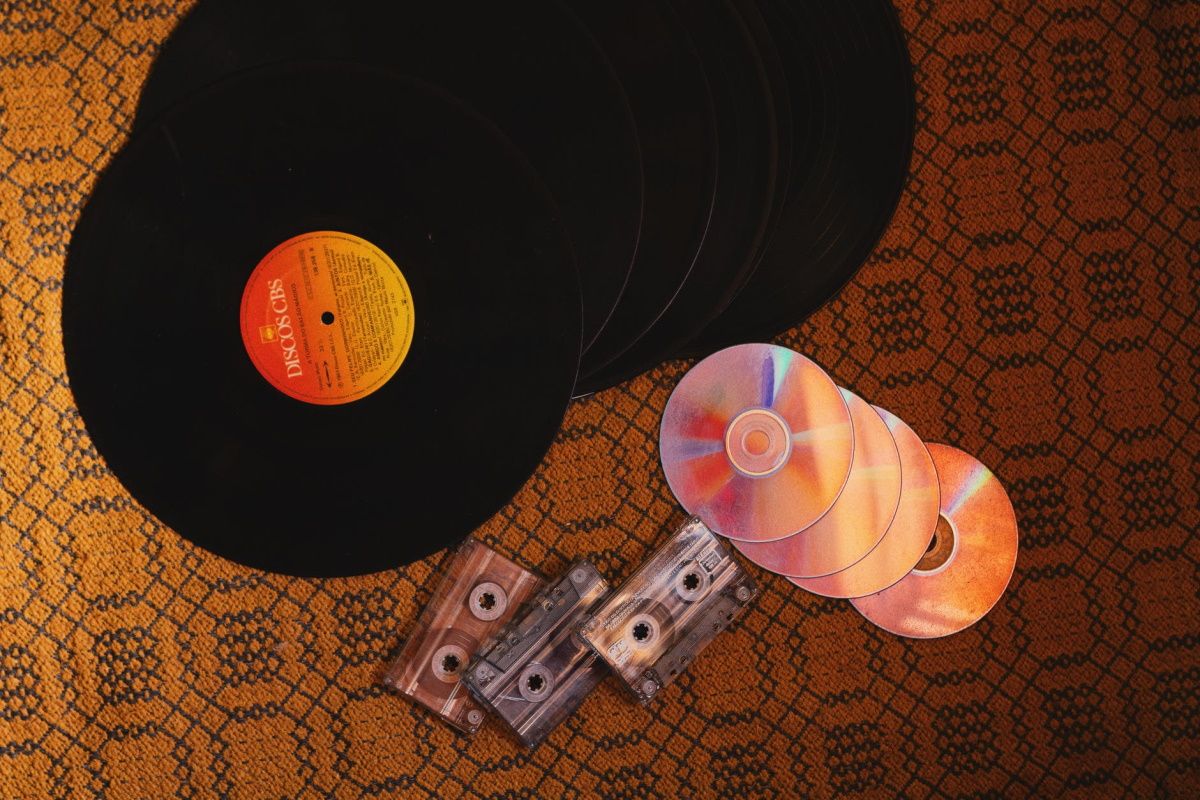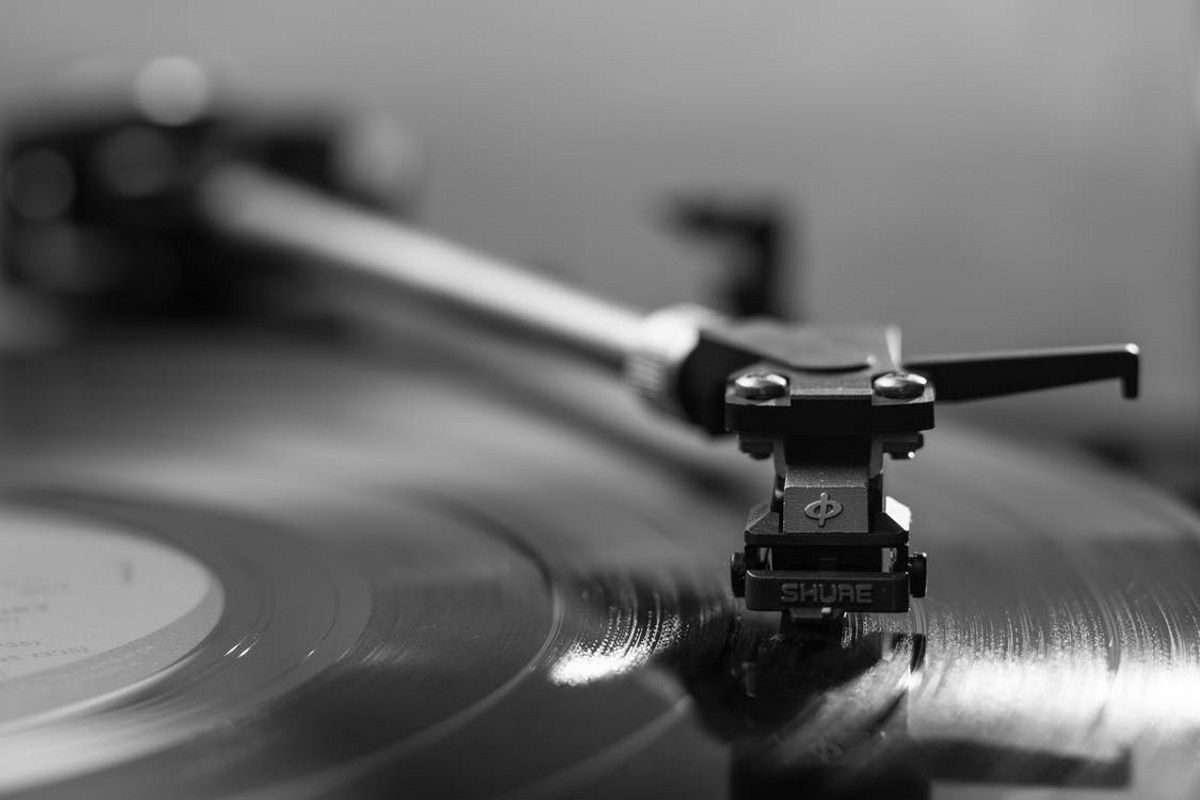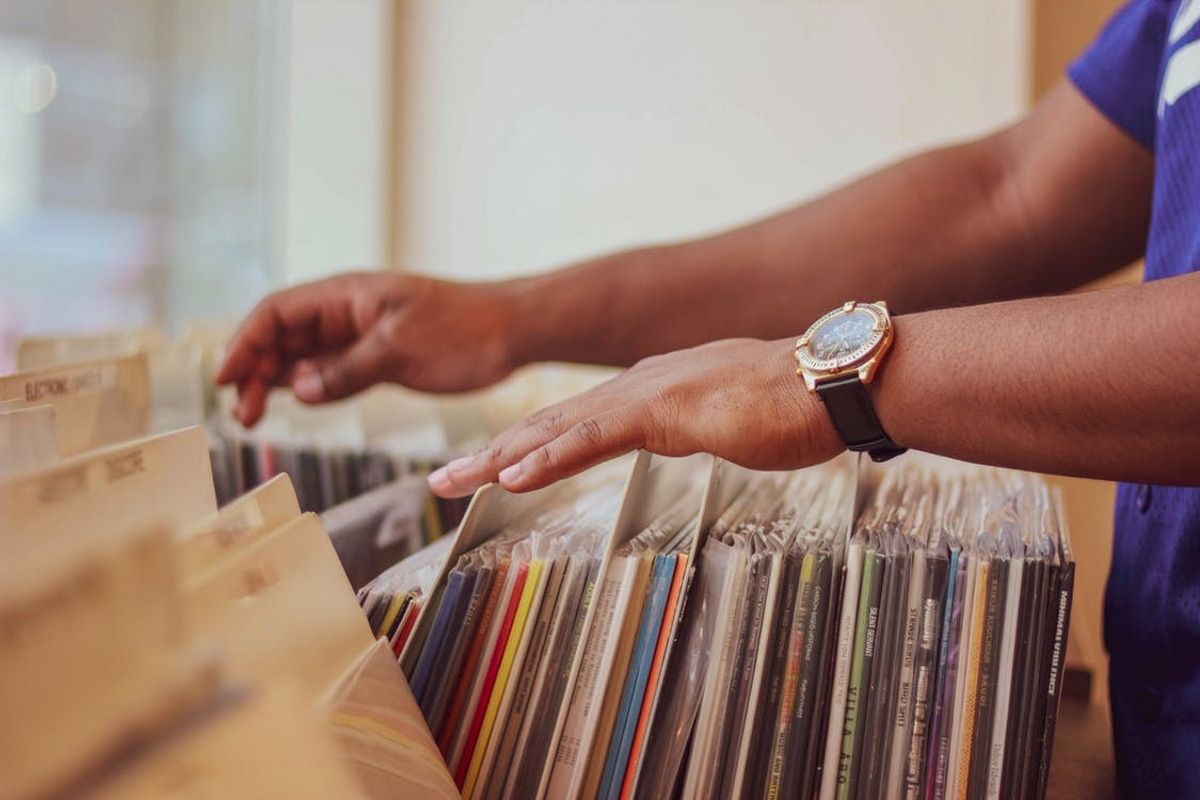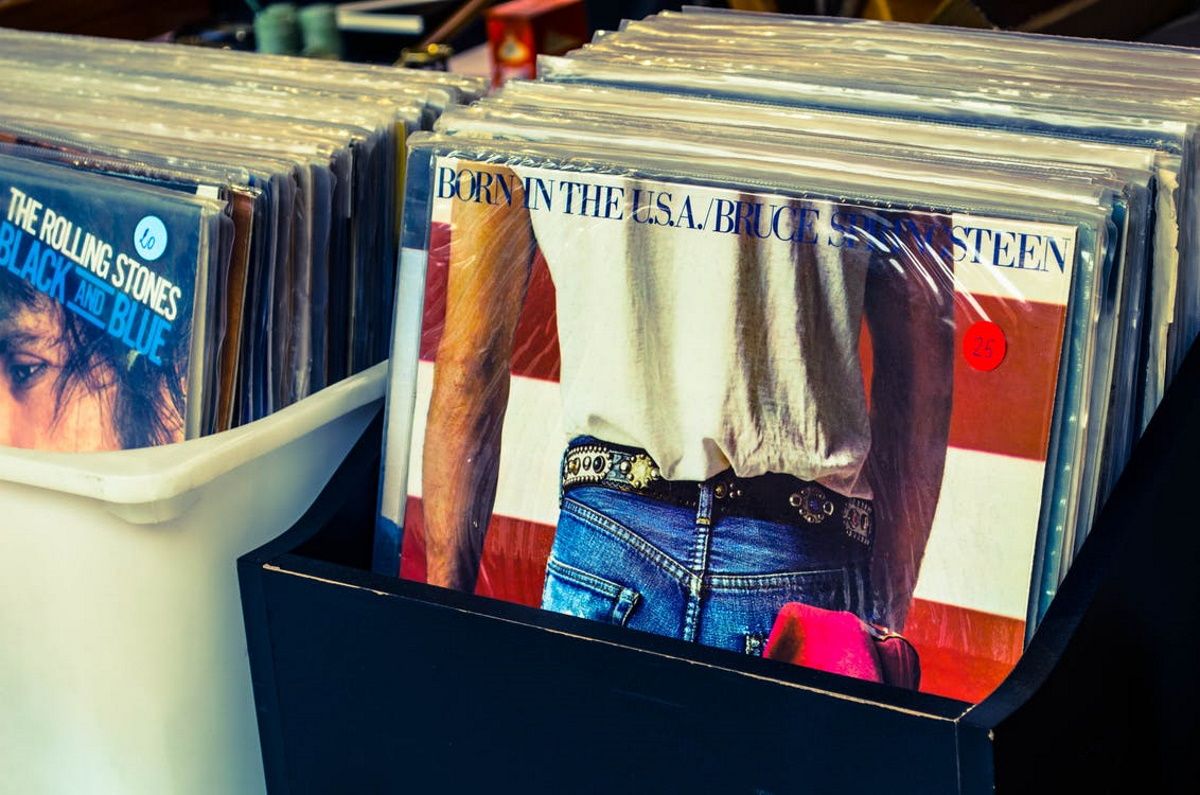Vinyl has emerged triumphant in the physical format war, overtaking CD sales for the first time in over 30 years. Since the introduction of the vinyl format in the 1940s, it rapidly became the standard for all records.
Nevertheless, after the arrival of cassette tapes and CDs, vinyl was almost completely forgotten by all but a few die-hard music fans. Yet, with so many digital and online options available, why do people still buy vinyl records? And, is the vinyl resurgence trend likely to continue?
Vinyl Outsold CDs in 2020
Vinyl records managed to beat CDs as the most sold physical format of recorded music for the first time since the 1980s. According to the RIAA (Record Industry Association of America), vinyl sales accounted for 62% of the total physical music revenue in the first half of 2020.
Vinyl sales have seen a steady growth over the past years. By contrast, CD sales have been in constant decline, a trend that cost it its position as the most sold physical format.
In spite of vinyl's triumphant return as the physical format of choice, streaming is still the one that dominates the market. While there has been a growth in vinyl sales, overall physical record sales, including both vinyl and CDs, have been in decline. Physical format revenues for the first half of 2020 were down by 23% year-over-year.
A History of the Vinyl Record
Phonograph records had been made of several materials, including hard rubber and shellac, over the course of music recording history. But after the introduction of vinyl, it quickly became the preferred material for making phonograph records.
Polyvinyl chloride (vinyl) was first used in the 1940s for two different record formats introduced by Columbia Records and RCA Victor respectively. After a two-year period in which both formats coexisted (known as the War of the Speeds), Columbia Records vinyl LP format prevailed. And so, the vinyl record began its reign.
Portable Music: The Arrival of Compact Cassettes and CDs
Vinyl records reigned supreme for around four decades. Even after the introduction of the compact cassette, or cassette tape, vinyl records were still preferred for listening to music at home. Because of the portability of cassette tapes, they became popular for use in automobiles around the 1960s.
However, after the introduction of portable music players such as Sony's Walkman in 1979, cassette tapes would take over the market, surpassing vinyl records in sales. And then, a decade later in 1992, cassette tapes suffered the same fate at the hands of CDs.
The Resurgence of Vinyl Records
Today, almost 30 years after CDs took over the market, the internet has entrenched itself into society and is now part of our everyday life. CD sales took the first blow from digital downloads, but music streaming services were the ones that finally did the job.
With the wide availability of music streaming services, physical format sales, CD sales included, are taking a nosedive. It would seem that people prefer to pay in order to have access to music rather than own it.
That might be the case for some, at least. However, almost paradoxically, at the same time physical format sales have dropped, vinyl record sales have experienced a constant growth over the last years.
It's very likely that the only reason people ever gave up on vinyl records was in the name of practicality. First compact cassettes, then CDs, both of which had the benefit of being compact and portable.
Now that streaming services have displaced CDs—after all, what is more portable than having access to the music catalogs of countless musicians from a single app?—vinyl records have come out as people's physical format of choice.
Why Do People Still Buy Vinyl Records?
Even as it took vinyl records around 40 years to get back its throne, people never really gave them up. There are many reasons why people would prefer paying for a streaming service than for a single record. However, there are plenty of other reasons to want to own an actual record.
Better Sound Quality
When the MP3 format was first created, storage space was deemed more important than quality. This meant that in order to fit as many tracks as possible into your 256MB MP3 player, your music needed to be compressed, losing some detail in the process to the detriment of sound quality; all in the name of practicality, of course.
Vinyl, on the other hand, is a lossless format. The pressings are made directly from the masters and contain all the detail artists intended. This is why vinyl sounds better than digital and the main argument to why the vinyl format has the better sound quality.
The Joy of Collecting
Some people just like collecting albums. When you buy a vinyl record you don’t just buy music, but an album. An album is a collection of songs intended to be played in a well-thought-out order, carefully packaged, and accompanied by its artwork.
Just like some people collect coins or paintings, there are some people that collect music albums. For some it’s just a hobby, but some people really invest themselves in it, amassing very large collections that amount to the thousands.
Your Music Is Your Own
The problem with paying for a music streaming service is that you don’t really own the music; you just pay for a service. What this means is that someday you might wake up and find that your favorite artist is gone and there is nothing you can do about it.
This might not be a problem for some people, but for true music fans it can really be a drawback. When you buy a record, you own it, and as long as your record player works, you can play your favorite songs.
Investing and Long-Term Value
Buying a vinyl record can be an investment too. Although vinyl records can be delicate to blows and scratches, if kept with care, they can be very durable. You can still buy vinyl records produced in the 1940s, put it in your record player, drop the needle, and enjoy it in the same quality as it was intended.
Vinyl records tend to keep their value and sometimes it can even go up if you hang on to them for long enough. Some old vinyl records can be sold for thousands of dollars, and a whole collection, even if not an antique one, can make you some good extra cash.
What Does the Vinyl Resurgence Mean for the Future of Music?
Ever since the introduction of vinyl it quickly became the preferred material for making phonograph records. Just like the LP format became the standard format for all records vinyl became their standard material.
So big was its impact, that vinyl became synonymous with phonograph record, no matter what the record is actually made of. Today, even an acetate record can be called a vinyl.
After having survived for so long, and both musicians and fans sticking to it, we can be sure that vinyl records aren’t going anywhere. And while vinyl's resurgence won't stop streaming services from controlling the market, it seems like vinyl will continue to be the standard for all physical records for a long time to come.
Will the Vinyl Resurgence Trend Continue?
Even after being relegated to the backstage for so long, vinyl proved that it is not going anywhere. Its resurgence might have come as a surprise for many, but not for the true music fans out there that continued to buy vinyl records even after everyone else assumed the format's death was overdue.
But it was not only that people kept buying vinyl what kept it alive; it was the reasons they continued to do so. The sound quality of vinyl records is still unmatched by any digital format and this is precisely the reason the vinyl resurgence is likely to continue.

